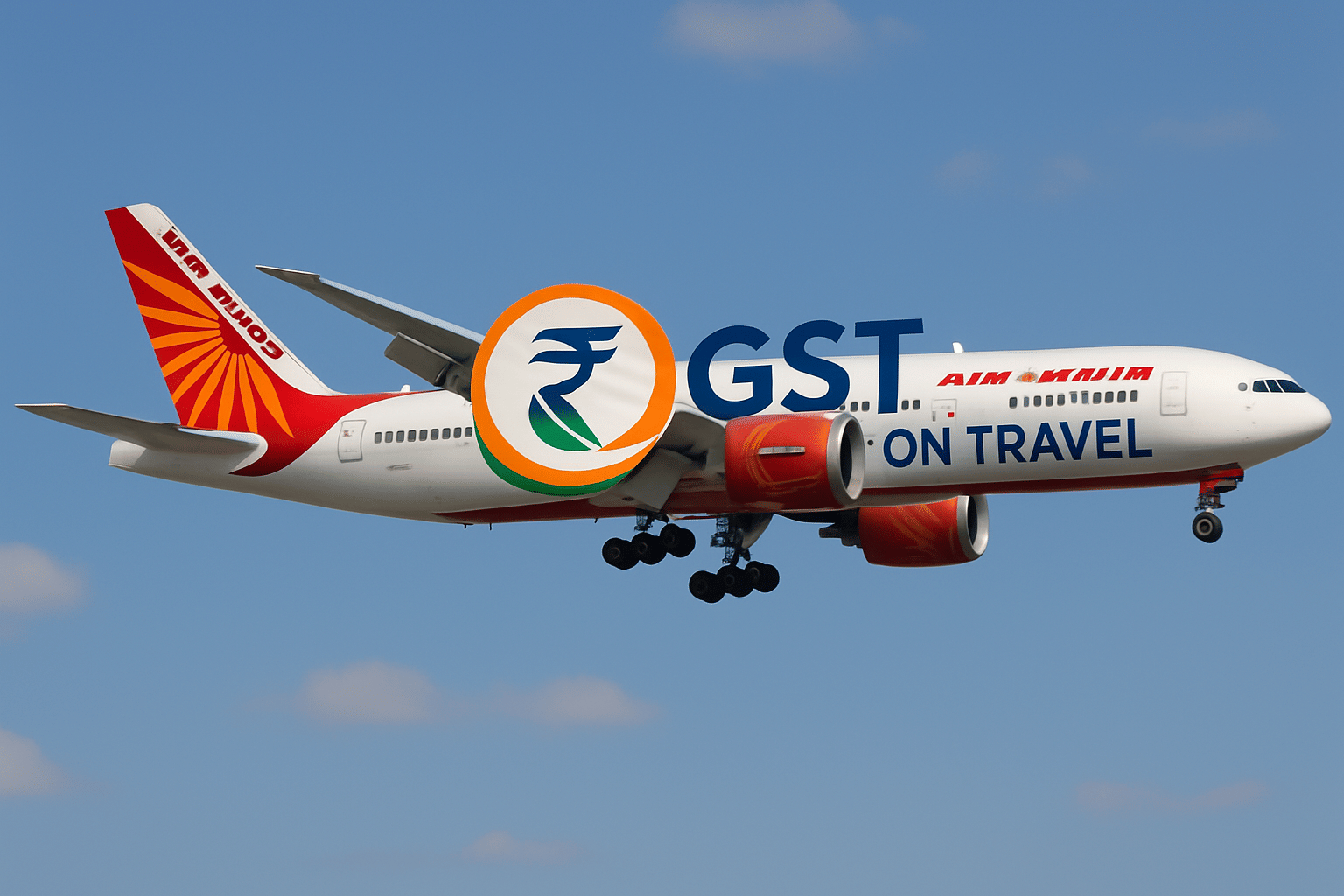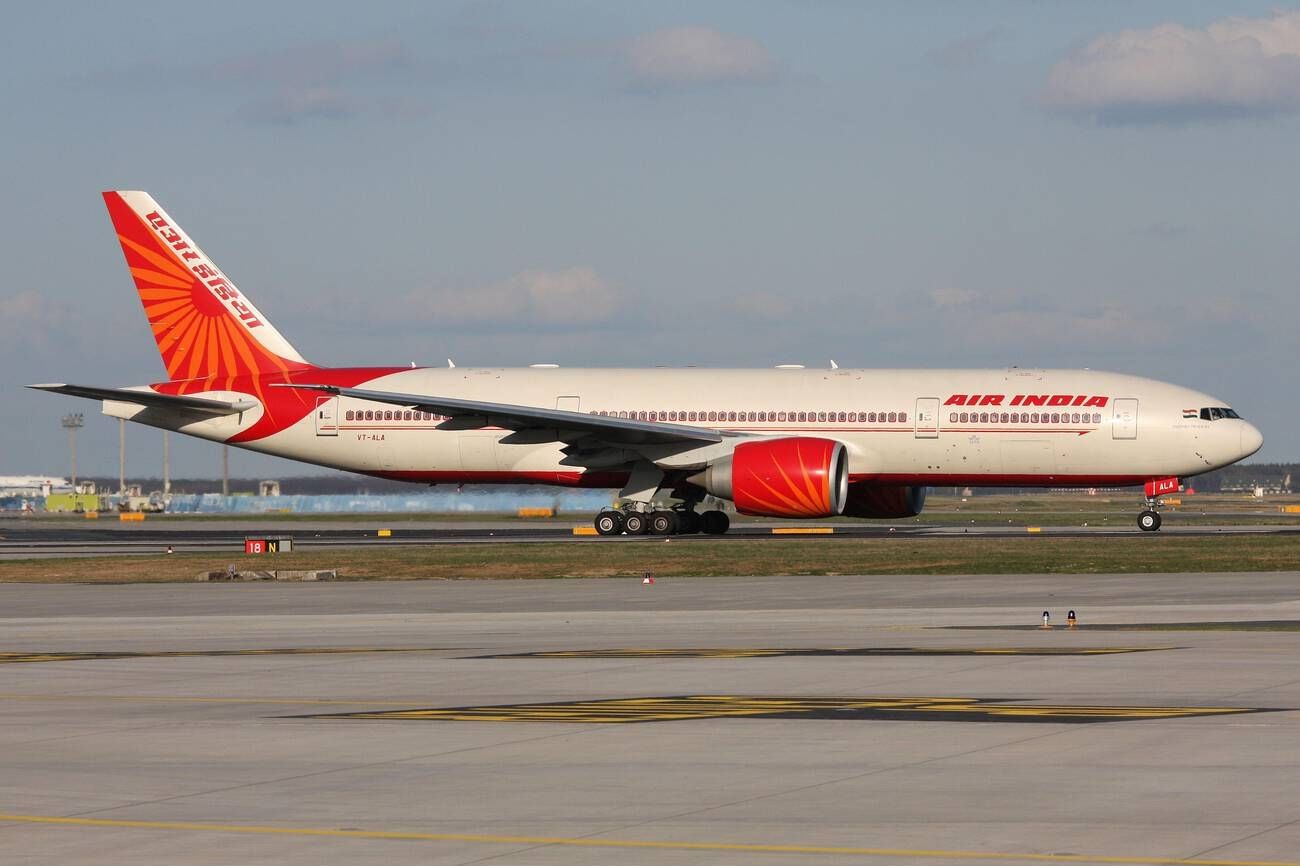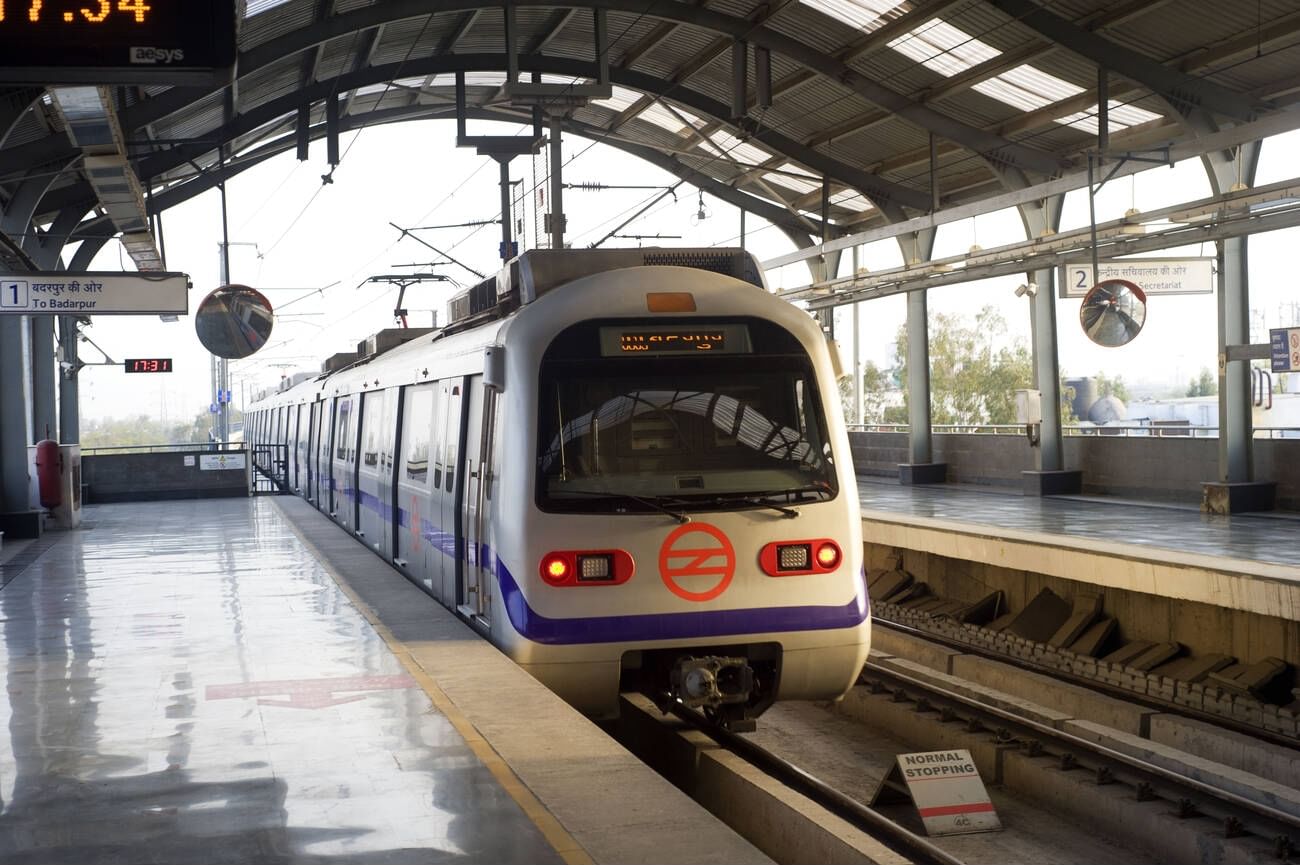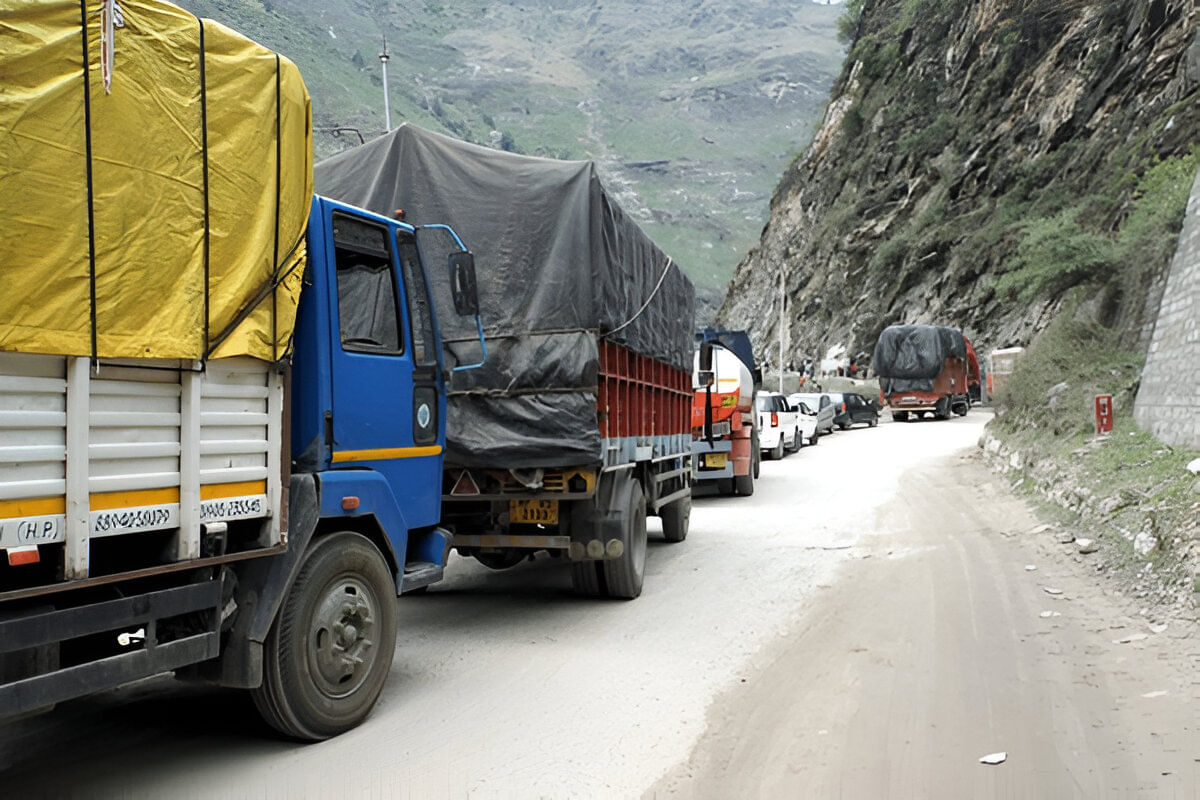In a significant move , the Goods and Services Tax (GST) Council has increased the GST rate on non-economy air travel from 12% to 18%, sparking concerns among both airlines and passengers. This increase is expected to drive up fares for passengers flying in premium economy (PE), business, and first class. While the rate for economy travel remains unchanged at 12%, the higher levy on upper classes has raised alarms about its impact on business class air travel and the overall air travel industry.

GST On Air Travel Triggers Concerns Over Rising Air Fares
Table of Contents
Table of Contents
- Impact of GST Hike on Air Fares
- Impact of GST on Premium Travel
- GST for Premium Air Travel and Business Class Impact
- GST Hike Effect on Air Travel
- How Much Is GST on Airline Tickets?
- Consumer Reactions and Industry Outlook
Impact of GST Hike on Air Fares
The new GST structure, which was announced on Wednesday, is seen as a step that could make air travel more expensive for premium passengers. The rise in the GST rate is expected to directly affect the prices of airline tickets for premium classes, making business class and premium economy tickets significantly costlier. Industry experts believe the hike will result in higher fares for upper-class flyers, especially at a time when the Indian aviation sector is already dealing with challenges like increased operational costs due to airspace closures.
Impact of GST on Premium Travel

The aviation industry has voiced concerns about the impact of the GST hike on premium travel. Ajay Prakash, former president of the Travel Agents Federation of India (TAFI), warned that the increase in the GST rate could discourage individual travelers from opting for non-economy classes. He pointed out that while the government is promoting the growth of Indian aviation, such tax hikes may undermine the efforts to attract premium fliers.
“This will drive up airfares for all three classes, particularly premium economy and business class tickets, discouraging people from flying in these segments,” Prakash said, highlighting that the aviation industry is currently going through a "very sensitive phase."
GST for Premium Air Travel and Business Class Impact
Senior vice president at ICRA Limited, Jitin Makkar, noted that while the GST hike would not significantly impact the business class segment due to its low price elasticity, there may be some downtrading to the economy class as passengers shift to more affordable options.
Sheldon Hee, Regional Vice President for Asia Pacific at the International Air Transport Association (IATA), expressed disappointment at the GST increase. He emphasised that taxing premium travellers, who play a key role in the profitability of routes, could hurt the viability of several air routes. “This increase runs counter to the efforts of Indian carriers, which have been investing in their premium products to enhance the travel experience,” Hee stated.
GST Hike Effect on Air Travel
The rise in GST for premium economy and business class air travel, from a previous rate of 12% to 18%, follows a trend of rising taxes on air travel. In 2017, the service tax on air travel was at 8.6%, indicating a dramatic increase in the tax burden for travelers over the years.
The GST increase, while aimed at boosting government revenues, has sparked debates on its long-term effects on the aviation sector’s growth and profitability. According to Makkar, while business class passengers may not be immediately affected due to their price inelasticity, there could be a shift toward economy class as a result of the higher taxes on premium tickets.
How Much Is GST on Airline Tickets?

Under the new regime, the GST for economy class remains at 12%, while the GST for business and premium economy classes has been raised to 18%. This hike is seen as a strategic move by the government to balance its revenue generation needs, but it also poses a challenge to the aviation industry as it works to maintain passenger confidence and profitability.
Consumer Reactions and Industry Outlook
framework. Liberatha Kalath, CMD of DreamFolks, noted that the updated GST structure will bring much-needed transparency and stability, especially for economy class passengers.
She emphasised that travelers who book and pay for their tickets before the new rates take effect will continue to benefit from the earlier tax structure, ensuring fairness and consistency in the booking process.
Furthermore, the government’s move is expected to drive demand for travel, which will benefit the broader tourism and hospitality ecosystem, including hotels and restaurants.
Suggested Reads

Delhi Metro Fare Hike: Revised Prices and Travel Slabs
The DMRC has announced revised passenger fares for the first time in years, with fare hikes ranging from ₹1 to ₹4 depending on the distance that will be covered.

India Rainfall and Weather Updates
Heavy rainfall continues to lash large parts of north India as the monsoon intensifies, causing severe disruptions in Delhi, Uttarakhand, Himachal Pradesh, Punjab, and Jammu & Kashmir.

Jammu-Srinagar National Highway Closed for 4th Consecutive Day Due to Landslides
The Jammu-Srinagar National Highway has been closed for the fourth consecutive day due to multiple landslides caused by heavy rains in the Udhampur-Ramban area. Over 2,000 vehicles remain stranded.
Get exclusive travel insights & updates into your inbox!
*By clicking subscribe you'll receive emails from WanderOn.
WanderOn Special

WANDERON EXPERIENCES PVT LTD
CIN-U63040HR2019PTC118957
3rd Floor, Building No-436, Phase IV, Udyog Vihar, Sector-18, Gurugram, Haryana-122015


